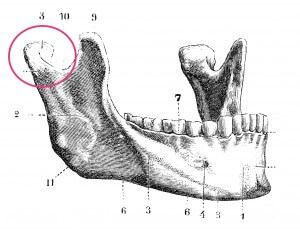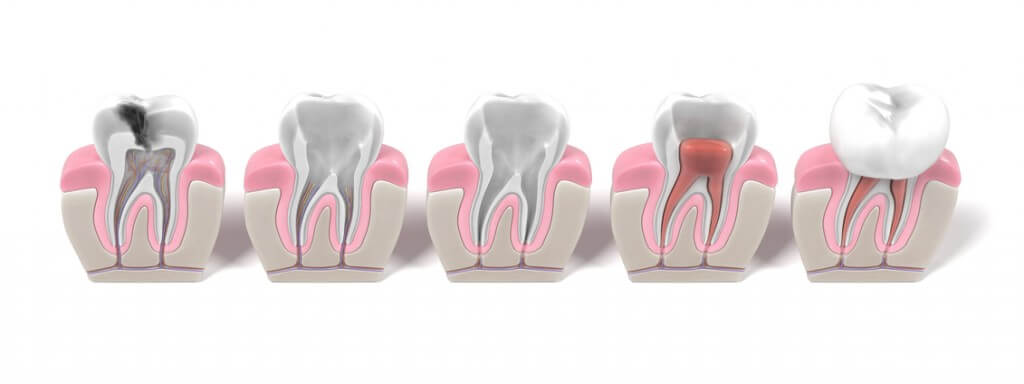
As we begin the New Year, almost half of Americans will make a New Year’s Resolution. Unfortunately, 80 percent of those resolutions will fall by the wayside within six weeks, according to a U.S. News article. But the good news is that for one out of every five people who make a positive change, they will stick with it long enough to become a habit.
The most common areas targeted for improvement are health-related and include weight loss, healthy eating, exercise and stopping smoking. But if Doctors Meyer and Johns could put together a list of resolutions for our patients, it would include:
Brush and floss daily
Sure, it’s a no-brainer. But we see a lot of patients who aren’t as consistent as they think they are. More than the occasional missed brushing can be the beginning of bad habits.
Pay attention to your gums
As we’ve mentioned, gum disease can be caused by a variety of factors. Make sure you to check for any discoloration or soreness, and point out any problem areas at your next appointment.
Cut the sugar
This may go hand-in-hand with one of your other resolutions. Limiting processed sugar intake is a simple way to improve overall health. Plus, reducing the number of sugary drinks (soda, sports drinks, sweetened/frozen coffees) positively impacts the overall amount of plaque that can accumulate between brushings.
Don’t ignore pain
If you have discomfort in a tooth, gum or jaw, call us! Sudden or persistent pain can be a sign of something seriously wrong in your mouth, so don’t wait to get it checked out.
Whatever your resolution, or even if you don’t make one at all, each of us at Meyer & Johns Dental wish you and yours a happy, healthy, and prosperous New Year. Celebrate safely, and we’ll see you in 2018!


